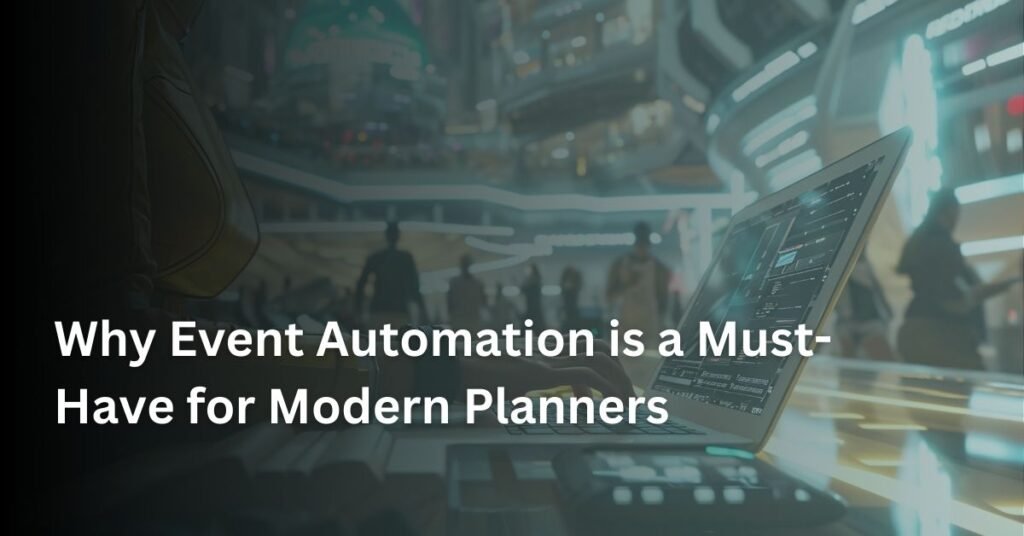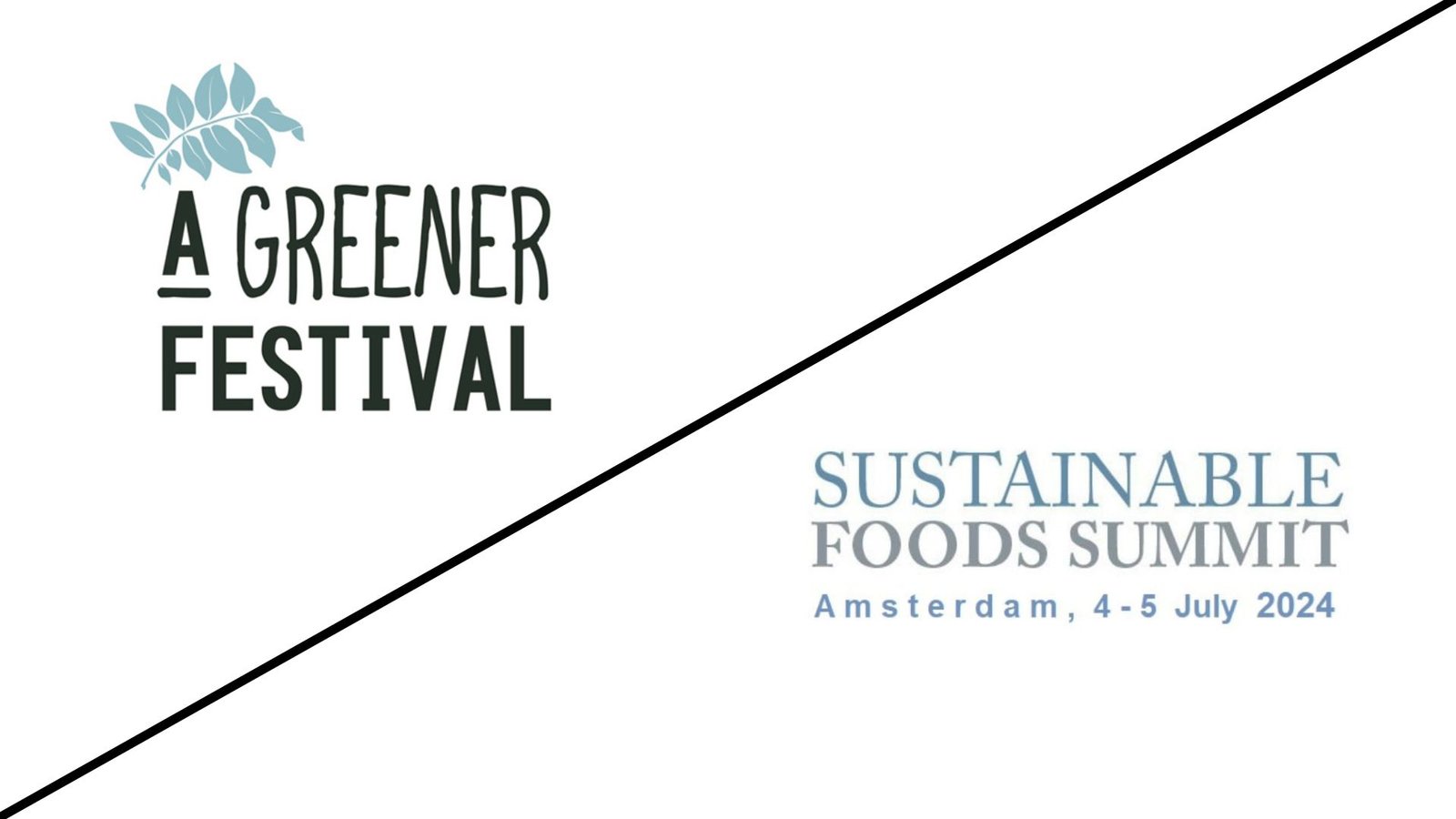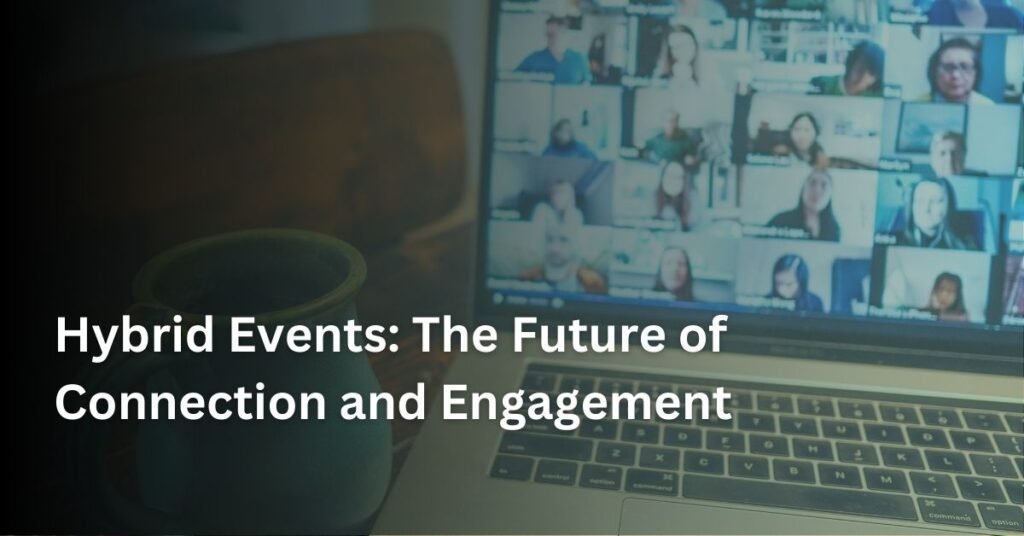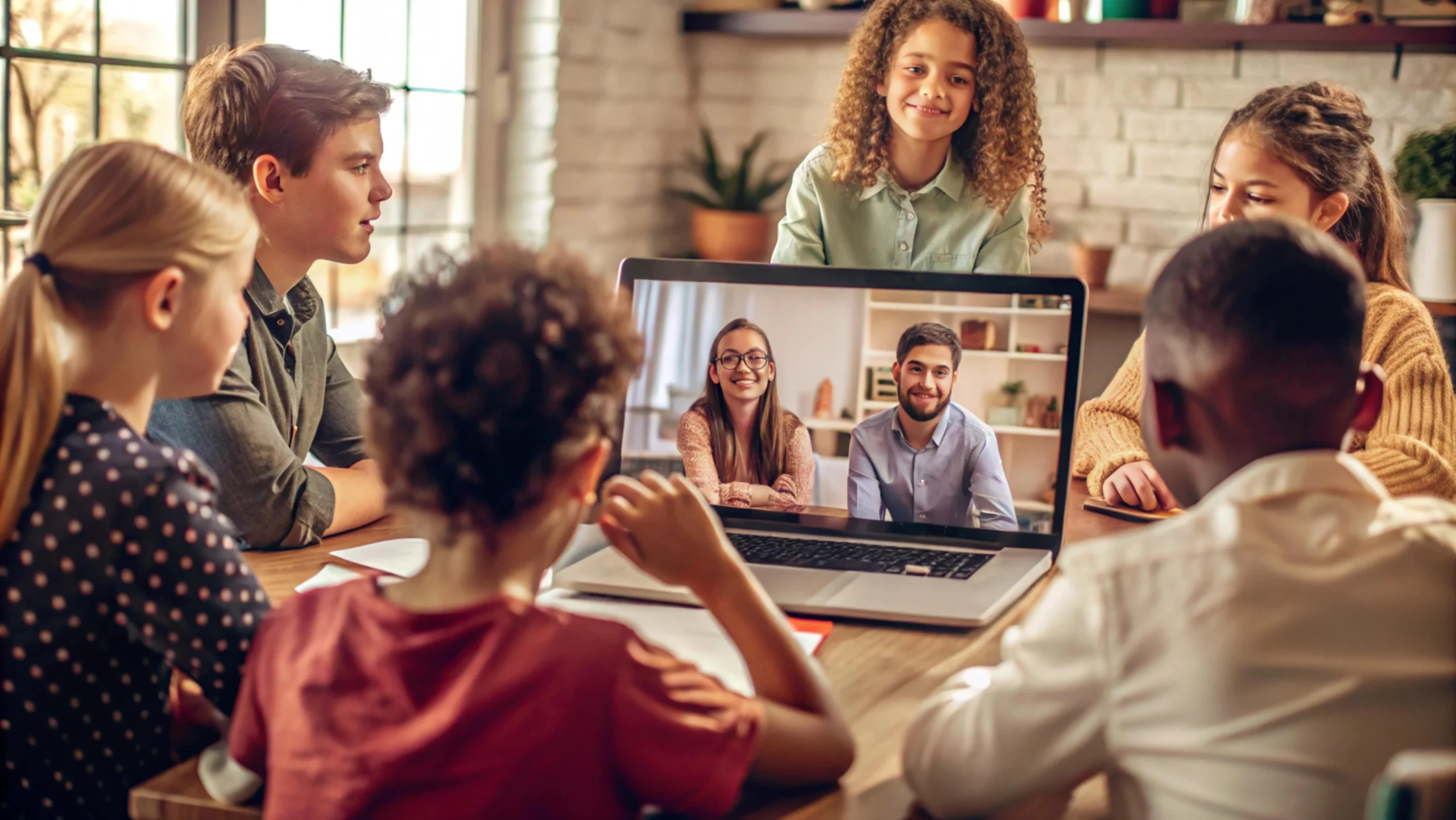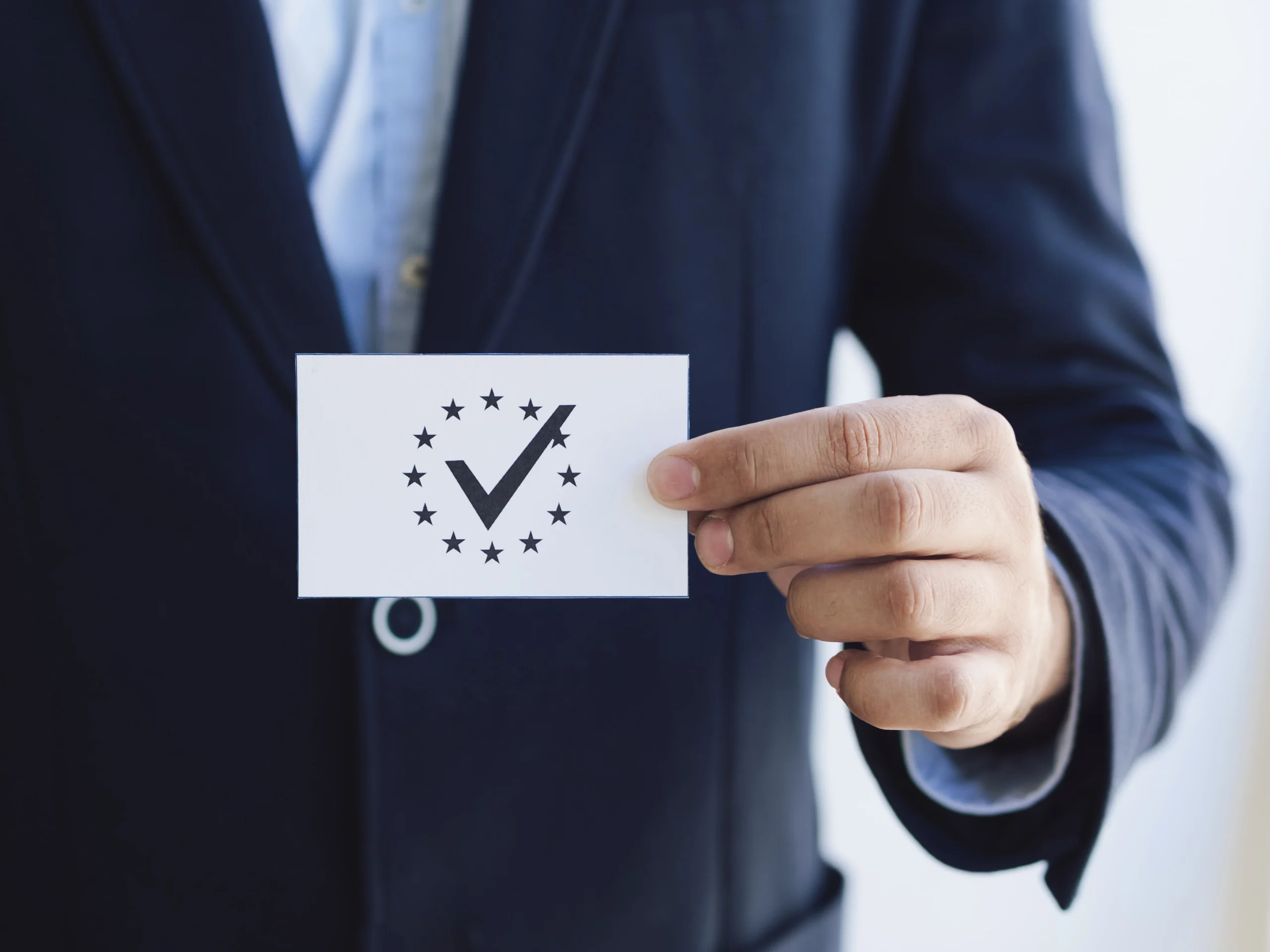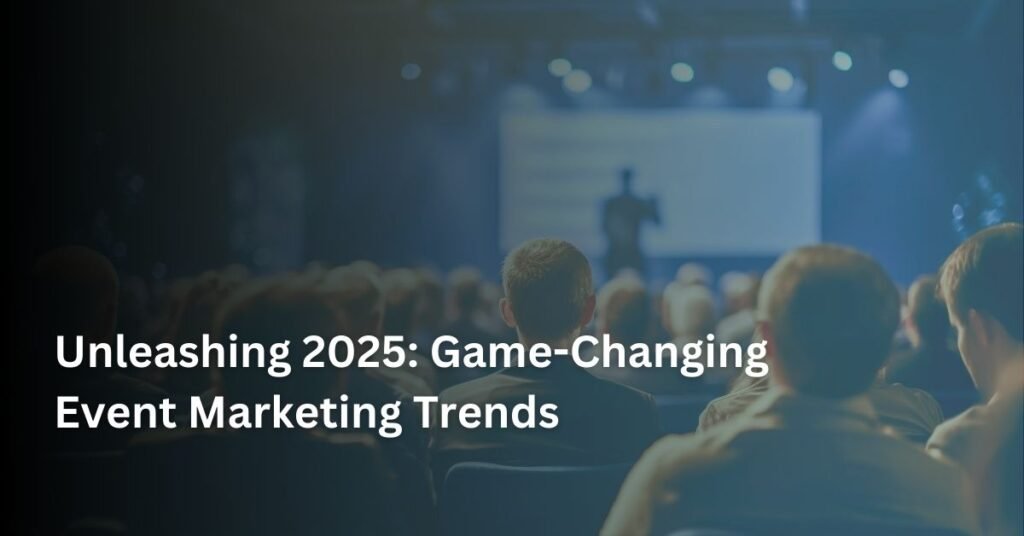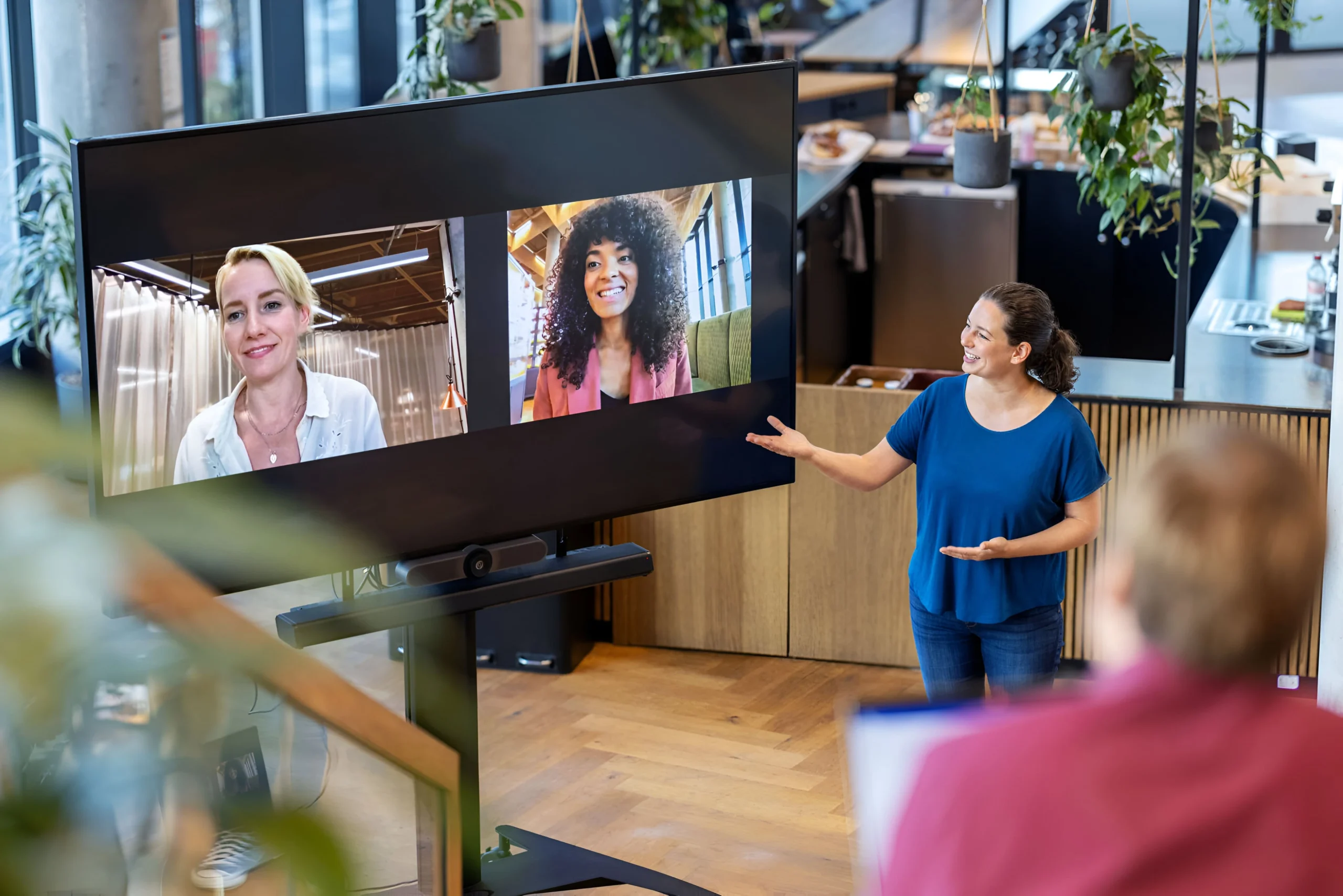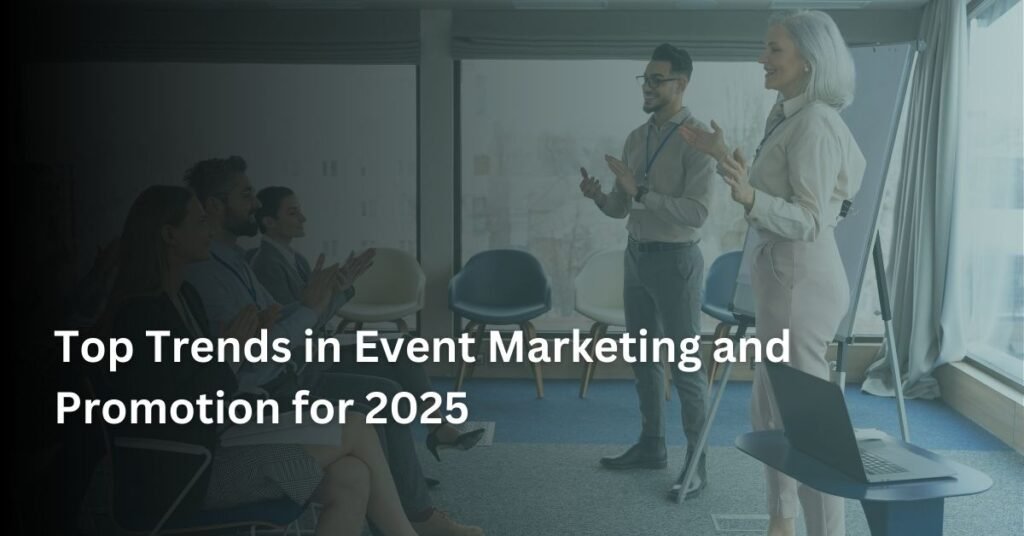Why Event Automation is a Must-Have for Modern Planners
n today’s fast-paced event landscape, the role of technology cannot be overstated. Indeed, event automation has emerged as a game-changer for planners, allowing them to streamline processes, enhance attendee experiences, and ultimately drive event success. In this post, we will delve into the numerous benefits of automation in event planning and explain why it is an essential tool for modern planners looking to thrive in a competitive market.
Understanding Event Automation

Event automation encompasses the use of technology to facilitate various aspects of event planning, from registration and ticketing to communication and post-event analysis. According to a study by Eventbrite, over 70% of event planners believe that automation improves their overall efficiency and effectiveness. By implementing automation, planners can focus on strategic elements of their events rather than getting bogged down by administrative tasks.
Furthermore, automation not only helps streamline processes but also enhances the overall experience for both planners and attendees.
Benefits of Event Automation

Streamlined Registration and Ticketing
One of the most significant advantages of event automation is the simplification of the registration and ticketing process. Automated systems allow attendees to register online quickly, reducing the chances of human error and the need for manual data entry. Tools like Eventbrite and Cvent provide user-friendly platforms for managing registrations, offering customizable ticket types, promotional codes, and real-time tracking of attendee numbers. This not only saves time but also enhances the attendee experience by providing a seamless registration process.Enhanced Communication and Engagement
Automation allows event planners to communicate effectively with attendees before, during, and after the event. Automated email marketing tools enable planners to send personalized messages, reminders, and updates at key intervals. Platforms like Mailchimp and Constant Contact can help you segment your audience for targeted campaigns, ensuring that your messages resonate with attendees. Moreover, using automated chatbots on your event website can provide instant answers to common questions, improving engagement and attendee satisfaction.Data-Driven Insights
Leveraging automation means gaining access to valuable data analytics that can inform your planning process. By using tools like Google Analytics or Tableau, you can track attendee behavior, measure engagement levels, and analyze feedback. This data not only helps in assessing the success of your event but also guides future planning decisions. By understanding what works and what doesn’t, you can refine your strategy for future events, ensuring continuous improvement.Efficient Task Management
Managing multiple tasks and deadlines can be overwhelming for any event planner. Automation tools can help streamline project management by setting reminders, tracking progress, and assigning tasks to team members. Platforms like Asana and Trello offer intuitive project management solutions that keep everyone on the same page. By automating routine tasks, you free up valuable time to focus on creativity and innovation in your event planning.Improved Attendee Experience
Ultimately, the success of any event hinges on the attendee experience. Automation plays a crucial role in creating a seamless and enjoyable experience for participants. From personalized agendas to easy check-in processes, automated systems enhance convenience and engagement. Consider using mobile event apps like Whova or Bizzabo to provide attendees with real-time updates, networking opportunities, and interactive features that keep them engaged throughout the event.Cost Efficiency
While some may view automation as an added expense, it can ultimately lead to significant cost savings. By reducing manual labor and streamlining processes, you can lower operational costs. Additionally, automated marketing campaigns can drive ticket sales and increase revenue, making automation a wise investment for long-term success.
Challenges and Considerations

While the benefits of event automation are numerous, it’s essential to approach it strategically. Planners must choose the right tools that align with their event goals and ensure a smooth integration process. Additionally, it’s vital to maintain a human touch in your interactions, as personal connections still play a crucial role in successful events.
Conclusion
For more such informational blogs and product insights, visit us at AttendeeGain. Looking for Branding or Digital Products Consultancy? check out BrandWorks.

Abhishek Kapoor
Abhishek Kapoor is the founder and creative head of BrandWorks Worldwide. His is an ex-Cvent and has worked in the event space for the last 13 years, providing branding and registration expertise to many clients globally.
Why Event Automation is a Must-Have for Modern Planners Read More »

